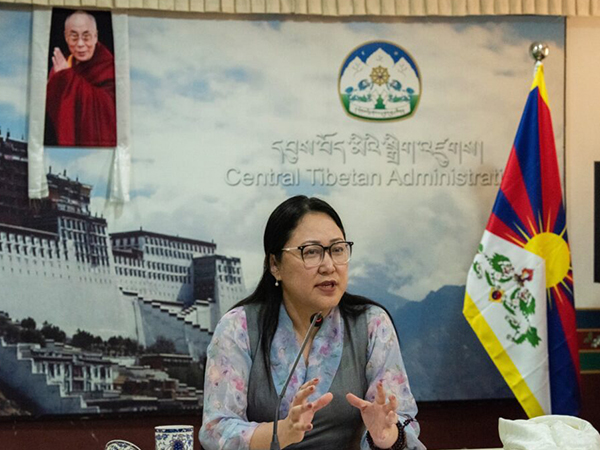15 Nations Unite at UN to Highlight Tibetan Human Rights Injustice
The Department of Information and International Relations of the Central Tibetan Administration thanked 15 nations for highlighting human rights issues in Tibet at the UN General Assembly. Led by Australia, the coalition urged action against abuses like detentions and cultural suppression by China, seeking continued international support.

- Country:
- India
The Central Tibetan Administration's Department of Information and International Relations has publicly expressed its gratitude to 15 countries for their support in addressing human rights violations in Tibet. This collective push took center stage during the 79th General Assembly of the United Nations, as a joint statement was issued by the United States, Australia, Canada, Denmark, Finland, France, Germany, Iceland, Japan, Lithuania, the Netherlands, New Zealand, Norway, Sweden, and the United Kingdom, highlighting the situation in Tibet and East Turkistan.
Kalon Norzin Dolma, Head of the Department, commended the coalition, with Australia at the helm of the initiative. Dolma expressed appreciation on behalf of the CTA and Tibetans, noting the courage of the 15 nations and their leaders in advocating for justice, human rights, and peace. She stated, "This gesture at the United Nations signifies solidarity and commitment to tackling ongoing human rights abuses in Tibet."
The CTA's statement underscored that although international backing is a crucial advancement, substantial work remains to address the continuous challenges faced by Tibetans under Chinese governance. Dolma emphasized the ongoing violations, such as arbitrary imprisonments for peaceful political actions, movement restrictions, forced labor, and policies eroding linguistic, religious, and educational rights.
Dolma expressed optimism that the UN's focus on Tibet would ease the critical conditions in the region. Tibetans view these global statements as essential pressure points for urging China to reconsider its policies. "We anticipate continued and stronger collective action internationally to secure true peace and justice for Tibetans," Dolma asserted.
Tibetans, both within the region and in exile, remain hopeful that decisive global engagement will not only spotlight the repression but also prompt tangible measures to ameliorate the situation on the ground.
(With inputs from agencies.)
ALSO READ
China's J-35A Stealth Fighter Takes Center Stage at Zhuhai Air Show
Manolo Blahnik Steps into China: A New Chapter for Luxury Footwear
Prabowo Subianto's Diplomatic Tour: China, US, APEC, and G20
Philippines Strengthens Maritime Sovereignty Amidst South China Sea Tensions
U.S. Citizen Arrested in Germany for Alleged Espionage Attempt with China










